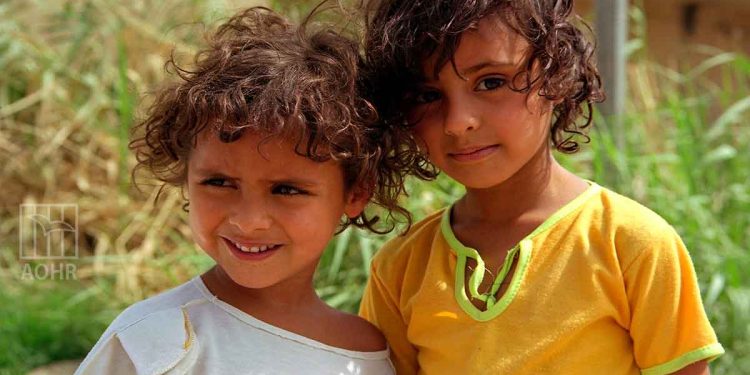The successive crises that Lebanon has suffered over the past years have led to numerous children falling into poverty, harming their health, education, and well-being, a UN study has shown.
The results of the United Nations Children’s Fund’s (UNICEF) recent child poverty and child-focused rapid assessment (CFRA) of Lebanon were announced by the organisation’s representative in the country, Edouard Beigbeder, during a press conference.
Beigbeder, with UNICEF Deputy Representative Ettie Higgins present, told journalists that three years of successive crises in Lebanon have led to many children falling into poverty, which has led to their health, education, and even relationships to their parents being harmed.
Beigbeder added that higher prices and unemployment have led to thousands of families falling into so-called multidimensional poverty — a concept which accounts for numerous forms of deprivation — with resultant harms to their well-being, including their family relations.
“Children feel frustrated after they have lost confidence in their parents for not being able to meet their basic needs, which in turn increases tensions within families,” Beigbeder continued.
Beigbeder reported that 70 percent of families currently pay for food via unattainable loans, and that 36 percent of caregivers felt that they had become less tolerant of their children and treated them more harshly.
UNICEF Lebanon has said that “critical reforms are needed to safeguard children’s future. The Government should implement urgent social protection measures, ensure access to quality education for every child and strengthen primary health care and child protection services.”






























